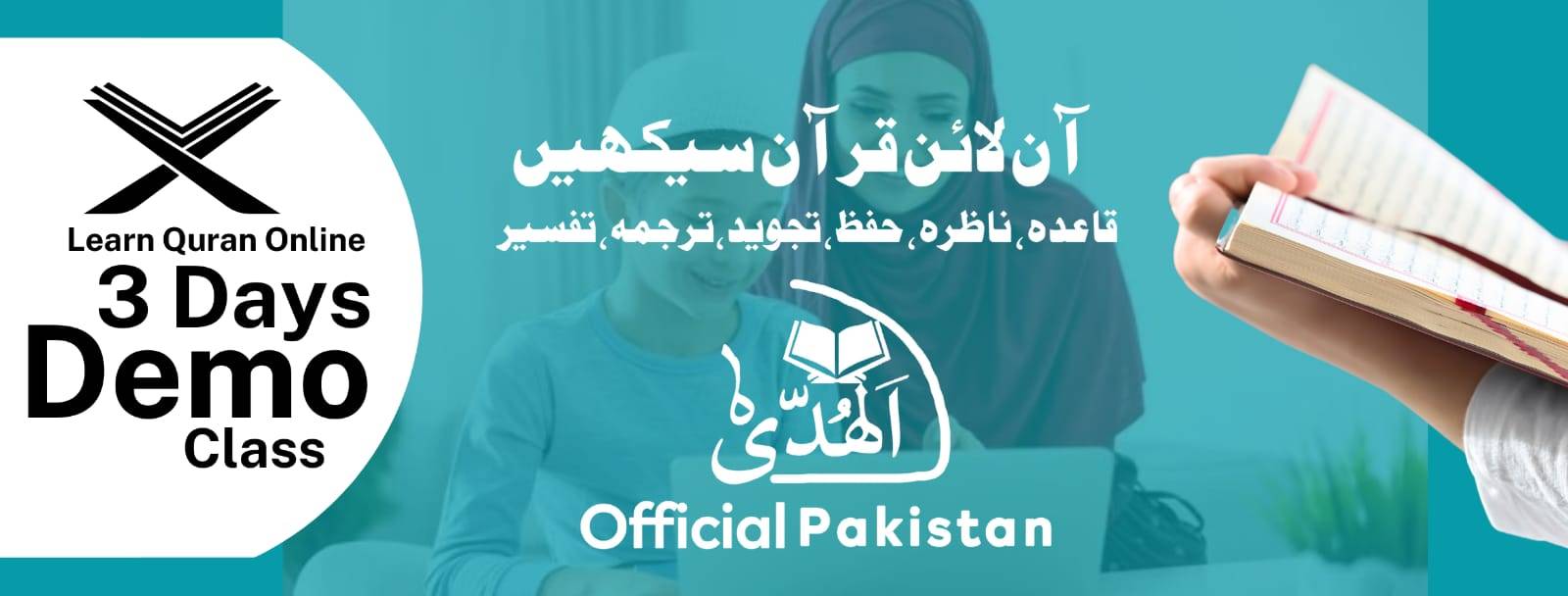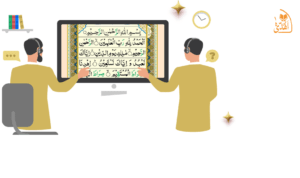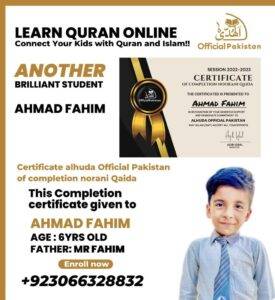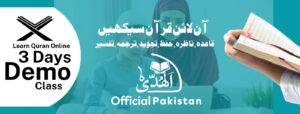Online Islamic School for USA and Beyond: Nurturing Faith and Knowledge in the Digital Age
Introduction
Online Islamic School for USA and Beyond: Nurturing Faith and Knowledge in the Digital Age;In an increasingly interconnected world, the availability of online education has expanded to encompass a wide range of subjects and disciplines. One area where online education has made significant strides is in the realm of religious and faith-based learning. Online Islamic schools have emerged as a powerful tool for spreading Islamic education and nurturing faith among Muslims living in the USA and around the world. This article explores the concept of online Islamic schools, their benefits, the challenges they face, and their impact on the Muslim community in the United States and beyond.
The Rise of Online Islamic Schools
Islamic education has always held a special place in the hearts of Muslims. It plays a pivotal role in shaping the character, values, and understanding of the faith for individuals. Historically, Islamic education has been carried out in traditional settings, such as madrasas and mosques, where students and teachers gather physically. However, the advent of the internet and the digital age has transformed the way education is delivered.By Alhuda Official Pakistan
Online Islamic schools have gained prominence over the last two decades, offering a flexible and accessible way for Muslims to learn about their faith. These institutions provide a platform where students can access a wide array of Islamic courses, ranging from Quranic studies to Islamic history, theology, and Arabic language. What makes these online schools stand out is their ability to cater to the diverse needs of the Muslim community, particularly in the United States, where Muslims come from various cultural and linguistic backgrounds.
Benefits of Online Islamic Schools
Accessibility and Convenience:
Online Islamic schools break geographical barriers, making quality Islamic education accessible to Muslims across the United States and beyond. Students no longer need to relocate or travel long distances to receive religious instruction. This is especially beneficial for individuals living in remote areas or those with busy schedules Of Learn Quran Online
Diversity of Courses:
Online Islamic schools offer a wide range of courses, accommodating both beginners and advanced learners. This diversity enables students to explore different aspects of Islamic knowledge and tailor their learning to suit their interests and needs.
Self-Paced Learning:
These schools often offer self-paced courses, allowing students to learn at their own speed. This flexibility is especially important for those who have work or family commitments.
Qualified Instructors:
Many online Islamic schools employ knowledgeable and qualified instructors who bring a wealth of experience to the virtual classroom. Students can benefit from their expertise and guidance.
Digital Resources:
Online Islamic schools utilize multimedia tools and online libraries, providing students with an extensive repository of resources to enhance their learning experience. This includes access to digital copies of the Quran, Hadith, scholarly texts, and more.
Online Islamic school
Virtual Islamic schools foster a sense of community among students through discussion forums, group assignments, and live sessions. This creates a supportive environment for learning, allowing students to engage in discussions, ask questions, and share experiences.
Challenges Faced by Online Islamic Schools
Accreditation and Recognition:
One of the key challenges faced by online Islamic schools is the issue of accreditation and recognition. While they may offer high-quality education, some institutions struggle to gain recognition from traditional educational bodies or governments.
Ensuring Quality:
With the proliferation of online education, it’s essential for online Islamic schools to maintain a high standard of instruction. Quality assurance, curriculum development, and the assessment of students’ progress can be challenging in virtual settings.
Internet Connectivity:
Accessibility to online Islamic schools is also contingent on reliable internet connectivity. In some rural or underprivileged areas, students may struggle with limited access to the internet.
Technological Barriers:
Not all students are equally tech-savvy, and some may face challenges navigating online platforms or using the necessary technology for online learning.
Impact on the Muslim Community
Online Islamic schools have had a profound impact on the Muslim community in the United States and other countries:
Strengthening Faith:
These schools play a crucial role in nurturing faith and Islamic identity among Muslims, especially among the younger generation. They provide an accessible platform for individuals to connect with their faith, study the Quran, and learn about Islamic traditions and values.
Cultural Integration:
Online Islamic schools help bridge the gap between cultural integration and religious education. They allow students to maintain their Islamic identity while living in diverse societies like the United States, where cultural assimilation is common.
Community Building:
The sense of community fostered by these online schools is invaluable. They connect students from different backgrounds, enabling them to learn from one another and build a global network of fellow Muslims.
Educational Empowerment:
By offering a variety of courses, online Islamic schools empower students to become well-rounded individuals with a deep understanding of their faith. This education can translate into leadership roles within the Muslim community or broader society.
Conclusion
Online Islamic schools have become a vital resource for Muslims in the United States and worldwide, seeking to deepen their faith and knowledge. These institutions offer accessibility, convenience, and a wide array of courses, making it possible for Muslims of diverse backgrounds to connect with their faith. However, they also face challenges, such as accreditation and quality assurance.
The impact of online Islamic schools on the Muslim community is immense, fostering faith, cultural integration, community building, and educational empowerment. In an ever-changing world, these digital platforms provide a strong foundation for individuals to navigate the complexities of faith and modern life, proving that the internet can be a powerful tool for spiritual growth and community development.








